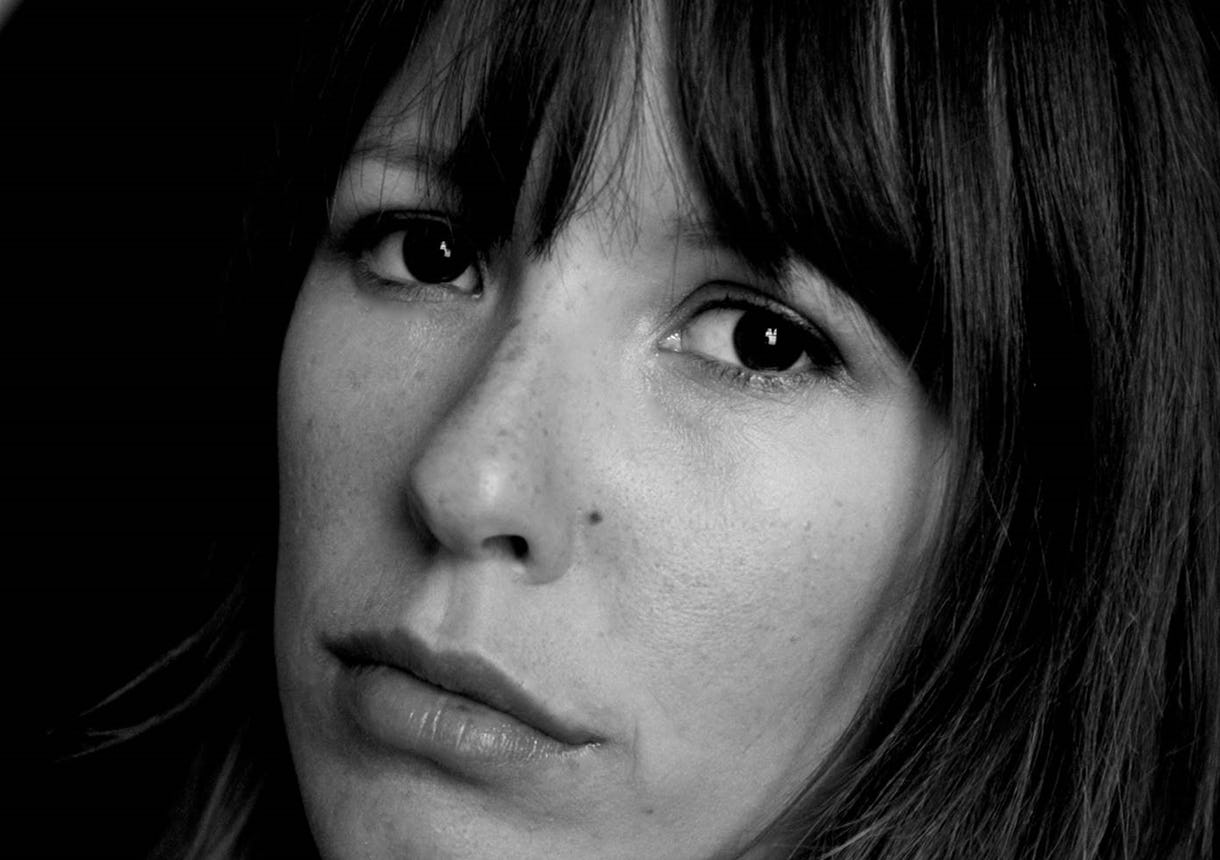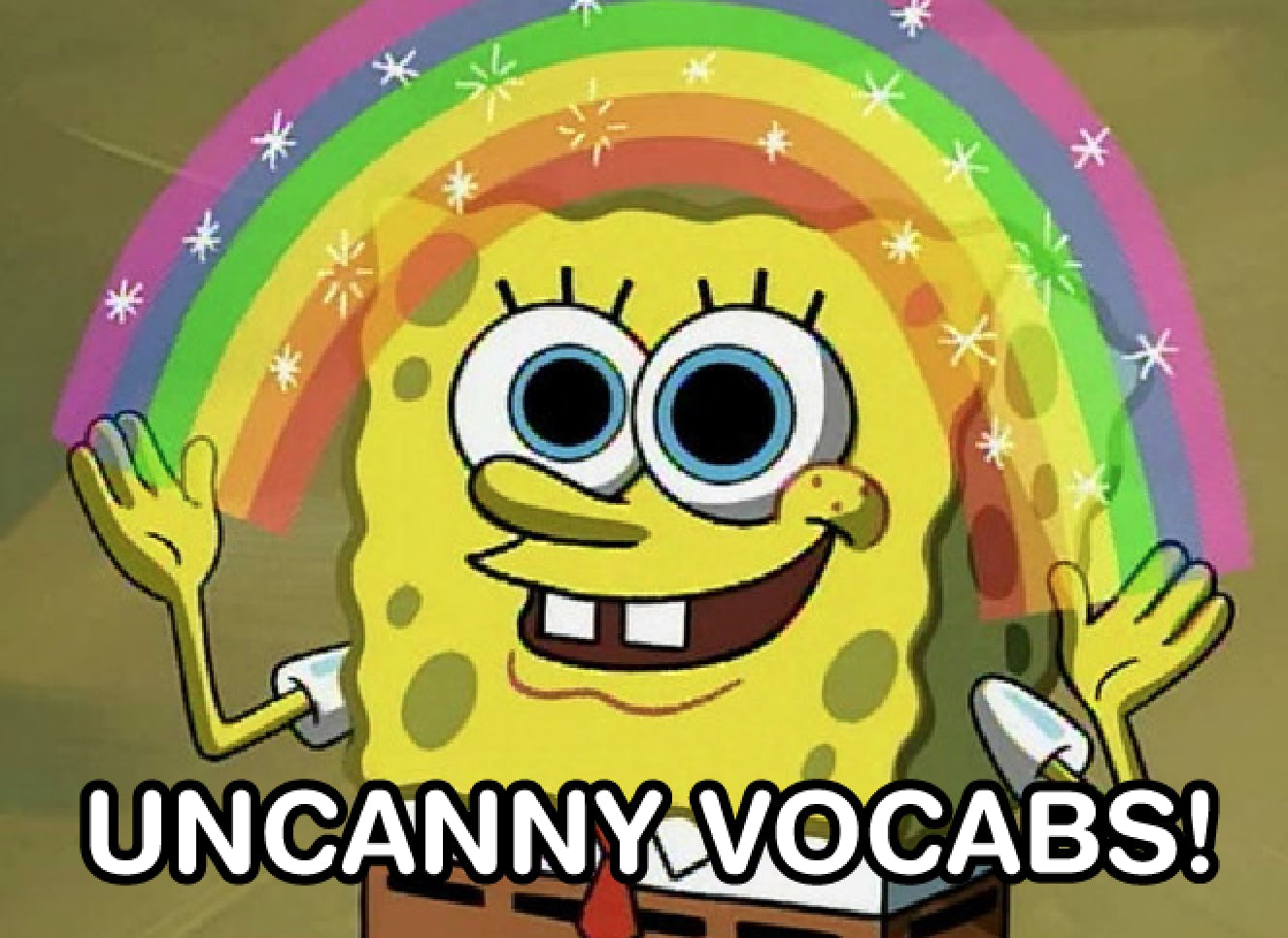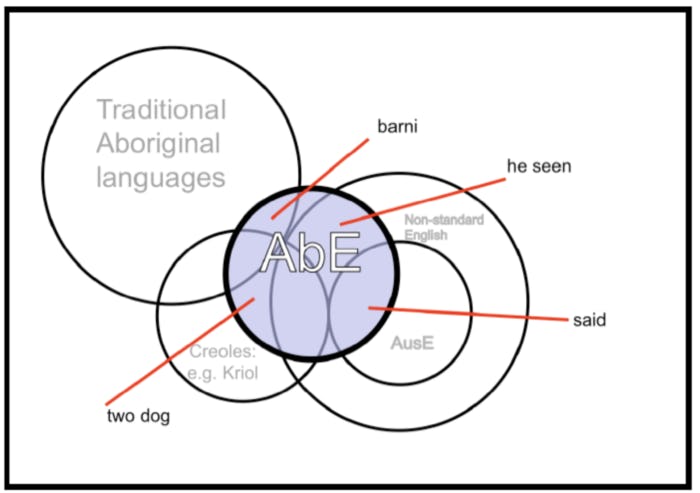Tongues
Tiffany Tsao • 20 May 2022
How does language govern our perceptions? And, perhaps more importantly, what governs which languages we speak, hear and read? What makes some languages more acceptable or authoritative than others? What can some languages convey that other languages simply can’t?
We begin with two essays from Tara June Winch’s eight-part essay series on the history of Aboriginal and Torres Strait Islander literature in Australia, published by Griffith Review in 2019 to celebrate the International Year of Indigenous Languages. Next comes an interview with Palestinian activist, organiser and storyteller Jeanine Hourani, wherein she talks about changing the narrative around Arabs, Muslims, Palestinians and refugees, and also about the limitations of the English language.
Yogyakarta-based artist and graphic designer Natasha Tontey speaks to interviewer Bianca Winataputri about the possibilities inherent in speaking in tongues, SHIFT JIS and coded languages in general. David Carlin reflects on a language that insists on its omniscience and obscures what it suppresses – the language spoken by the encyclopedias of his childhood.
Last but not least, Sharon Davis remedies widespread misconceptions about Aboriginal English and Kriol in her article for IndigenousX.

Decolonising the Shelf
Tara June Winch, Griffith Review, October 2019
I want to look closely at who we are now, where we’ve come from, where we’re heading. I want to look at our writing, our languages and our wider story to try to understand it all myself. To celebrate that great canon so many people never knew or still don’t know, the books that us contemporary First Nations writers carry on our backs – just as we carry the past, and our ancestors’ stories too.
(Note: This is the introductory essay of Tara June Winch’s eight-part series. To access all the essays in order of publication, visit Winch’s website.)
On 'Ninu' and 'Two Sisters'
Tara June Winch, Griffith Review, December 2019
Together they are two of the most significant female stories that our country is honoured to have in print today. They are epics of survival, by turns tragic, instructional, emotive, educational and soaring. They demand a readership.
In the seventh essay of her eight-part series, Tara June Winch calls attention to two important autobiographies, both published by Magabala Books – one written in English interspersed with Pitjantjatjara by Nura Nungalka Ward, and one written in English interspersed with Walmajarri about the lives of two sisters, Ngarta Jinny Bent and Jukuna Mona Chuguna.

Interview with Jeanine Hourani
Hasib Hourani, Liminal, November 2021
HH: You’re currently the director of Road to Refuge. So much of the organisation’s work is about autonomy. Giving back the license over our own narratives. How did you fight for license over your narrative? Or maybe fight isn’t the right word.
JH: I didn’t move back to Naarm/Melbourne until I was eighteen years old. Most of my upbringing was in the Arab world where there was a really different narrative around Arabs, Muslims, Refugees, Palestinians. It was so different that I hardly thought about my story or narrative or rhetoric. When I moved here at eighteen and people starting asking me all these questions and making all these assumptions about me, my beliefs, my background, my politics, I came to this sudden realisation people had bought into a really harmful narrative on race/racism and refugees and Islam and Palestine. I felt like something I had taken for granted my whole life was suddenly not mine anymore in this new environment. So, I started working to take it back.

5𝐰𝟒𝐫𝐦𝟏𝐧𝐠 𝐜𝐡@𝐫𝐚𝐜𝐭𝟑𝐫𝐬 𝖎𝖓 𝖙𝖍𝖊 𝖜𝖔𝖗𝖑𝖉 𝖜𝖎𝖉𝖊 𝖜𝖊𝖇
Natasha Tontey & Bianca Winataputri, Disclaimer, October 2019
I was thinking that here in the age of iOS, we speak through keyboards and the emoji speaks within us. The form of communication is certainly changing and evolving. However, surveillance technology evolves together with this new mode of communication. What the missionaries do when they go to the Indigenous communities to teach religion is make a dictionary. In my imagination and fictional thinking, it would be really great if the Indigenous community has a communication method that is impossible to transcribe.
(Note: the conversation in Bahasa Indonesia follows the English-language text. A version of Natasha Tontey’s work 'Church of Xenoglossia', referenced in the interview, is hosted on Disclaimer.)

The Intoxicating Other Worlds of the Encylopedia
David Carlin, Literary Hub, October 2019
The curious and disturbing wonder of encyclopedias is their deadpan quality. Like the archetypal stern schoolmaster, they are not big on jokes...Blind catalogues of other stories they are hiding or eliding, encyclopedias can’t or won’t fess up to the blinkers they are wearing. Neither the rose-coloured glasses, nor the telescope myopically fixed to one eye.

Aboriginal English – What Isn’t It?
Sharon Davis, IndigenousX, January 2022
People tend to poo-poo AbE as slang or broken English, when it is a rule-governed, legitimate language that connects Aboriginal people to culture, Country and community.
Two announcements that may be of interest to writers of non-fiction!
Kalliope X is currently taking submissions of work (non-fiction included) through 9 June.
Kill Your Darlings is accepting pitches for non-fiction until 29 May.
If you’re a publication or organisation that would like us to announce anything related to Australian non-fiction on your behalf in one of our weekly issues, feel free to drop us a line at: editor@thecircular.com.au